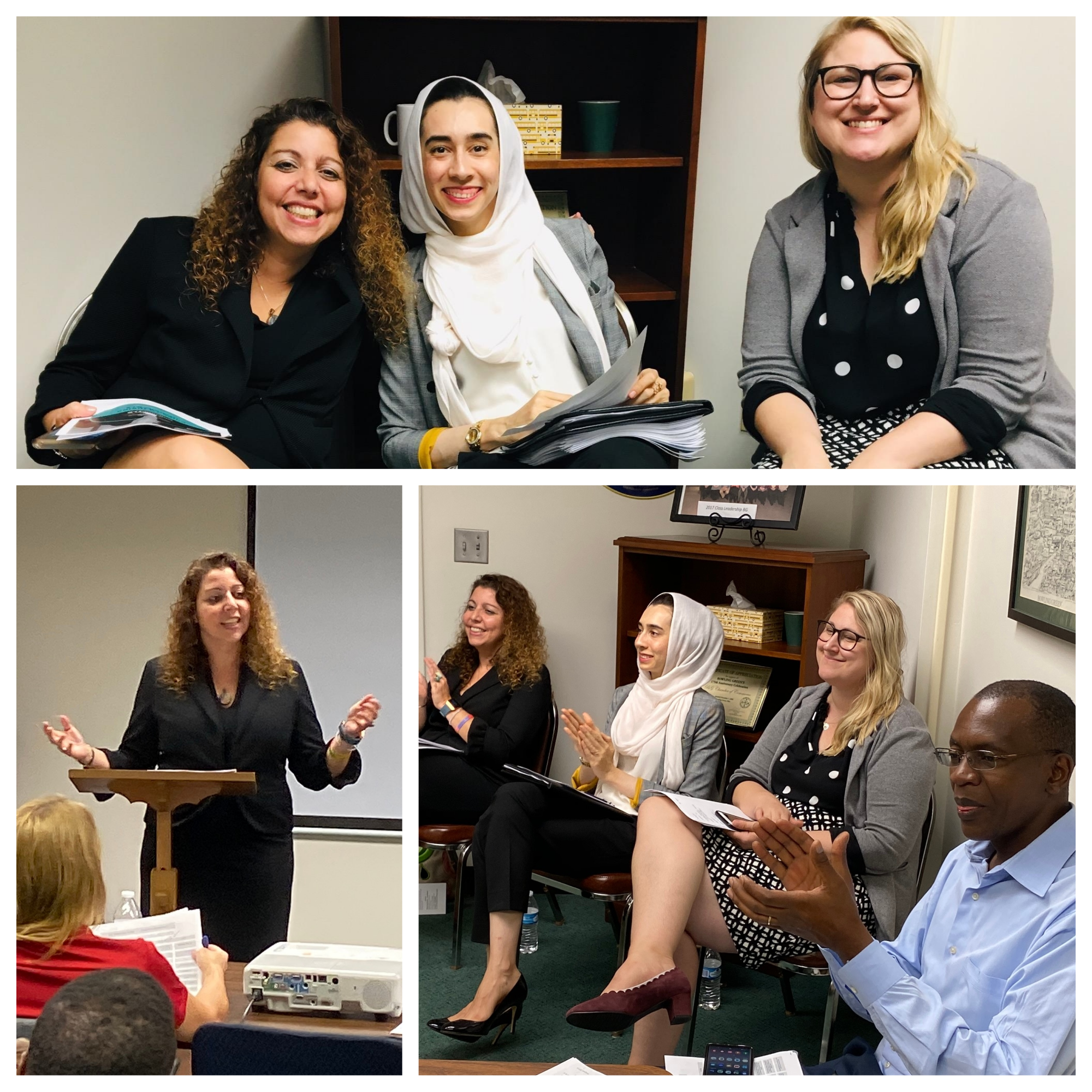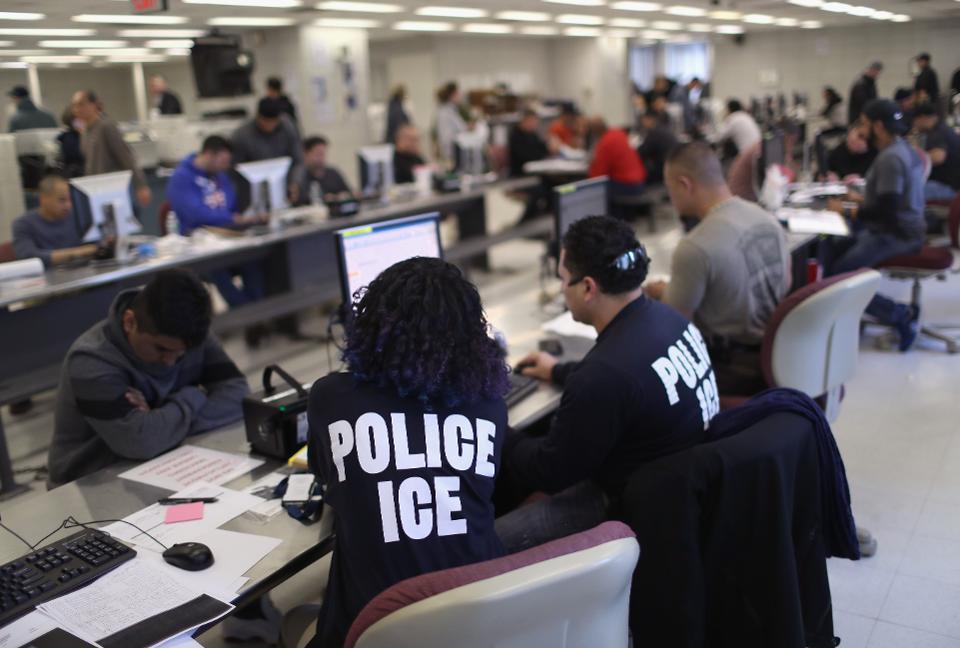
Important new research concludes immigration restrictions that prevent companies from hiring high-skilled foreign nationals in the U.S. represent bad economic policy and are counterproductive. The first-of-its-kind study examining company-level responses to government immigration rules found H-1B visa restrictions carry the unintended consequence of pushing jobs outside the United States and lead to less innovation in America.
Read the rest of the Forbes article here.




 On a recent Tuesday, Neal Fachan walked down a dock in Seattle’s Lake Union and boarded a blue and yellow Harbour Air seaplane, alongside six other tech executives. He was bound for Vancouver to check on the Canadian office of Qumulo, the Seattle-based cloud storage company he co-founded in 2012. With no security lines, it was an easy 50-minute flight past snow-capped peaks. Later that day, Fachan caught a return flight back to Seattle.
On a recent Tuesday, Neal Fachan walked down a dock in Seattle’s Lake Union and boarded a blue and yellow Harbour Air seaplane, alongside six other tech executives. He was bound for Vancouver to check on the Canadian office of Qumulo, the Seattle-based cloud storage company he co-founded in 2012. With no security lines, it was an easy 50-minute flight past snow-capped peaks. Later that day, Fachan caught a return flight back to Seattle. Business and education groups warn that U.S. Citizenship and Immigration Services (USCIS) may court disaster if the agency implements a new electronic system for H-1B petitions without sufficient testing and input from employers. Th
Business and education groups warn that U.S. Citizenship and Immigration Services (USCIS) may court disaster if the agency implements a new electronic system for H-1B petitions without sufficient testing and input from employers. Th

 U.S. Citizenship and Immigration Services (USCIS) continues to deny H-1B petitions at an historically high rate, making it more difficult for international students to work in America and for companies to conduct research and service customers in the United States.
U.S. Citizenship and Immigration Services (USCIS) continues to deny H-1B petitions at an historically high rate, making it more difficult for international students to work in America and for companies to conduct research and service customers in the United States.